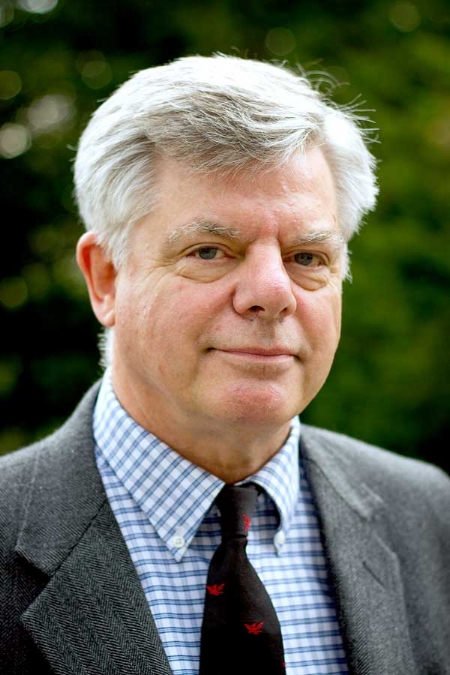February 2019
Dear Friends,
The students at Jean Calvin Seminary in Aix-en-Provence are preparing to preach and exhibit the Christian message in a particular context. It was ever thus. While the message is the same, from the eternal Word, the context may vary, in a changing world. Often we are unaware of the contours of our context.
The study of history is one valuable way that helps us better understand the present features of France. While this country shares many features with the West, it also has its own, unique history. A recent book, Les grandes décisions de l’histoire de France, comprises twenty chapters describing defining episodes in the making of modern France. They include Charlemagne’s coronation (800), the Saint Bartholomew’s Day Massacre (1572), the execution of Louis XVI in the aftermath of the French Revolution (1793), and then a series of attempts to reestablish the monarchy.
Of special concern for understanding our own day are the separation of church and state (1905), and France’s leadership in the European Economic Community (1988ff). Laïcité (the lay state) as it is known forms a major cultural backdrop for the manner in which Christians try to persuade the present generation. The battle in the early twentieth century was between anti-clericals and a (largely) Roman Catholic establishment. One ironic result is that while few people wish for the authority of the institutional church to return, nevertheless French people expect the state to provide for their needs. Because the state is not qualified to provide spiritual nurture, people seek it elsewhere. But they often pursue it in alternative religions or even New Age faith. The same is true for the “rule” of the Eurozone. While this economic community brings with it many conveniences, it has not real foundation in anything but pragmatism, coupled with rhetoric about human community. It carries no transcendent meaning.
This proves to be both a challenging environment and a welcoming one for the gospel of Jesus Christ our students proclaim, a way to live a meaningful life within empty institutions.
Very Truly Yours,
William Edgar, President








